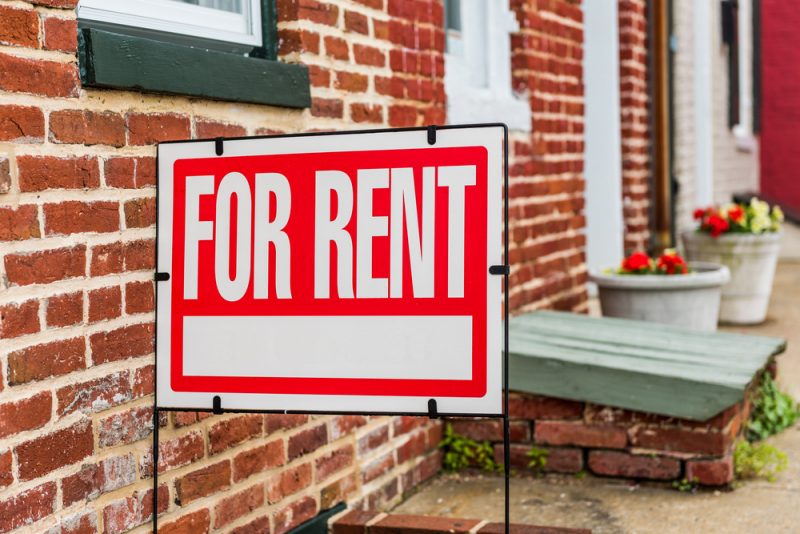Owning a rental-income property can be an effective way to make profits in real estate. The concept is simple: own a property and rent it out to tenants. Subtract the costs of owning the property from the gross income gained by renting it, and voila: profits.
As with all kinds of business, you have two ways to boost profits from income properties. One way, of course, is charge more in rent — but the complex real estate market can make that difficult to do unless conditions are right. The other way is to spend less, and that’s where many real estate professionals could improve a bit. Here’s how to keep costs down — and profits up — on a property that you own and rent.
Why do rental properties cost money?
Life would be simple for landlords if owning an income property didn’t come with any associated expenses. Unfortunately, the reality is very different. Owning a rental property of any kind can be a pricey endeavor and particularly draining on your time and assets.
Depending on where your property is, you may have to deal with property taxes and other governmental burdens. Then, you have the upkeep costs, which can be significant.You need to protect your space’s structure and vital systems, nearly all of which will deteriorate faster when a tenant occupies the space.
And then you have the costs associated with the tenants themselves: the advertisements, applications, and background checks, as well as the lost income that comes with a vacant property. All of these costs, including obvious and hidden costs, are part of the calculation when it comes to seeing how much profit you can generate with your income property.
Here’s how to cut down on those costs.
Many things affect the value of a rental property, but one thing remains constant: Spending efficiently is good for profits. The key for landlords is to find more economical ways to deal with these expenses. But how can they? Here are some suggestions:
- Do the math. General tips matter, but you should estimate the expenses yourself to get an accurate picture of the cost of running your particular investment.
- Outsource. A real estate property owner has to be good at a lot of different things, but we all have our limits. In smaller operations, it might make sense to outsource things such as tax and financial calculations, as well as things like property management, maintenance, and repair.
- Don’t delay. The costs of deferred maintenance are steep indeed, so don’t put off maintenance and repair work on your property. The same goes for everything from legal expenses to marketing: the longer you wait, the bigger your problems — and the eventual bill to fix them — will grow.
- Look for free solutions. Landlords have access to plenty of tools, and a surprising number of them are free. Landlords can advertise for free online by taking advantage of online bulletin boards such as Craigslist, and savvy landlords can use free software to handle chores and tasks related to their business.
This last solution is important. Look for software that will let you post a free rental application, and check for the ability to perform background checks for free, too. Making your property easy to find and apply for is important, and so is making sure that your prospective tenant is the right choice, but that doesn’t mean that you need to pay top dollar for your software solutions. You have superb free options that can protect your business while also saving you money.
Spending less money on overhead means bigger profits, of course, all without your having to raise the rent. So fill those vacancies while streamlining your process — and start maximizing the profits that you earn from your income property!





